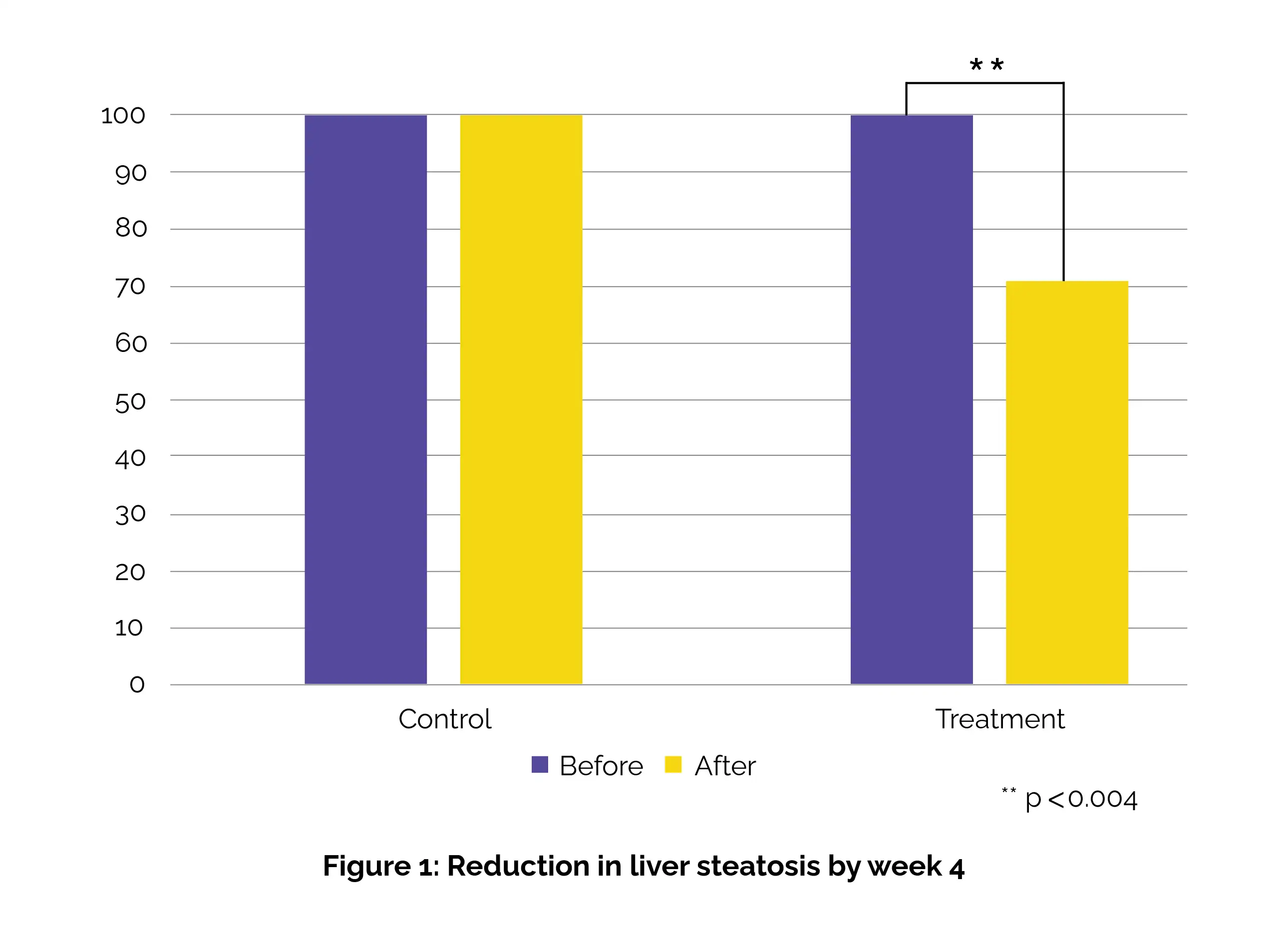Categories
Change Password!
Reset Password!


Adding in fresh whole oranges into a balanced diet and regular exercise may effectively prevent liver steatosis, leveraging their rich flavonoid and anthocyanin content to enhance lipid metabolism and mitigate the risk of NAFLD.
Incorporating phytochemical-rich foods, particularly whole fruits like oranges, could serve as a beneficial adjunct treatment for metabolic dysfunction-associated steatotic liver disease (MASLD), as inferred from the outcomes of a randomized clinical trial published in ‘Nutrients’ journal. Notably, a considerable decline in the prevalence of liver steatosis occurred independently of any changes in body weight.
While previous studies have shown that consuming flavonoid-rich orange juice can decrease fat accumulation and liver steatosis in mice with diet-induced obesity, the impact of whole orange consumption on liver function and steatosis in humans with MASLD remains largely unexplored. Maria Notarnicola et al. aimed to shed light on how eating whole oranges affects metabolic health.
The trial involved 62 participants—men and women aged 30 to 65 diagnosed with MASLD (as indicated by a Controlled Attenuation Parameter, or CAP, score above 275 dB/m). Participants were randomly assigned to consume whole oranges or non-citrus fruits 400 grams given daily for four weeks. Thorough medical assessments, blood analysis, and evaluations of body composition were conducted at the outset. Liver health was monitored using transient elastography, conducted by personnel unaware of group assignments.
A 30% reduction in liver disease prevalence (p < 0.004) was observed after 4 weeks of whole orange consumption, with only 70.9% of participants in the orange group still showing liver steatosis, down from 100% in the control group (Figure 1):

Although there were no major alterations in fibrosis or plasma liver enzyme levels, a noticeable decrease in gamma-glutamyl transferase was observed. Weight of the body, waist circumference, body composition, lipid profiles, fasting blood sugar, insulin, and C-reactive protein values remained stable. As per the dietary analysis, the orange group showed increased levels of vitamins C, A, thiamine, and riboflavin and no change in caloric intake.
Further research is necessary to evaluate the long-term effects of whole orange supplementation on liver steatosis and fibrosis, as well as to identify the bioactive compounds and microbial metabolites involved in these benefits.
Nutrients
Daily Orange Consumption Reduces Hepatic Steatosis Prevalence in Patients with Metabolic Dysfunction-Associated Steatotic Liver Disease: Exploratory Outcomes of a Randomized Clinical Trial
Maria Notarnicola et al.
Comments (0)